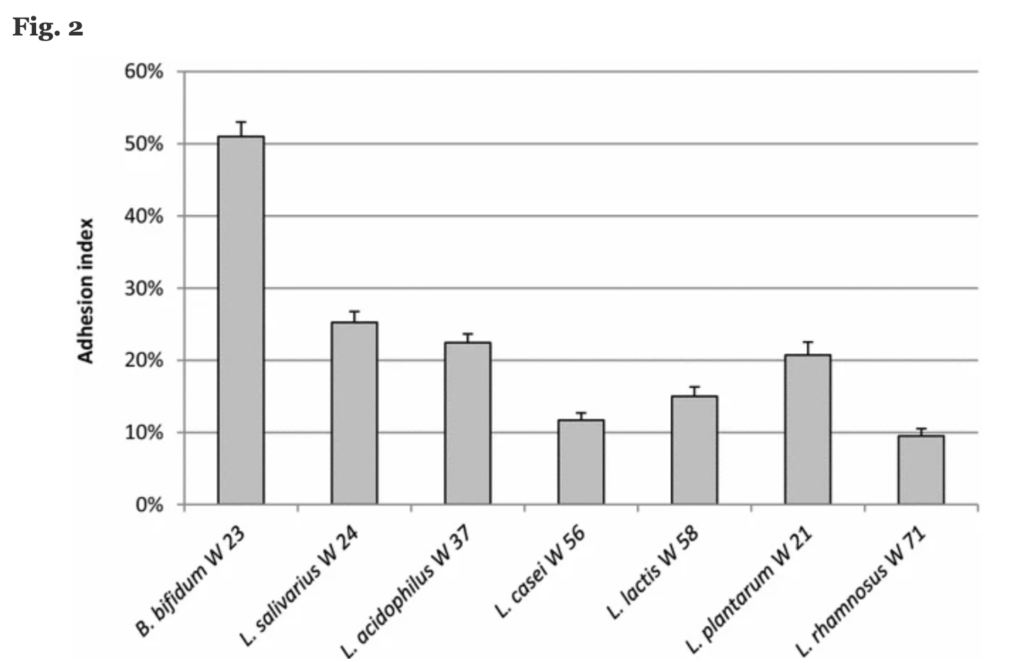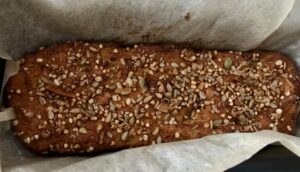Preventing Traveler’s Diarrhea: Essential Tips on What to Pack and What to Avoid

Traveling for vacation can be the most awaited time in the year, but many travelers come down the dreaded ‘Montezuma’s Revenge’ or ‘Traveler’s Tummy.’ Here are some essential tips to prevent these unpleasant travel stomach troubles.
Overview
Traveler’s diarrhea (TD) is a common problem that affects a significant proportion of travelers, especially those visiting developing countries where hygiene standards are lower. Between 30% to 70% of travelers experience traveler’s diarrhea and additional painful bowel movements. This post covers the causes, prevention tips, and essential items to pack to prevent traveler’s diarrhea and make your trip much more enjoyable.
In This Blog Post, You’ll Learn:
- Major Causes of Traveler’s Diarrhea
- The Gut Health Connection
- Prevention Tips
- What to Pack – Your Travel Essentials
Major Causes of Traveler’s Diarrhea
Traveler’s diarrhea (TD) is primarily caused by eating food or drinking water containing harmful bacteria, viruses, or parasites. The most common ones include:
- Bacteria: E. coli, Campylobacter, Shigella, Salmonella. These bacteria produce toxins that stimulate the lining of the intestines, causing them to secrete excess fluids and electrolytes, leading to watery diarrhea. Others induce inflammation that disrupts normal water and nutrient absorption.
- Viruses: Norovirus, rotavirus. These viruses damage the lining of the intestine, reducing its ability to absorb fluids, which leads to diarrhea. They also trigger vomiting, contributing to electrolyte loss.
- Parasites: Giardia lamblia, Entamoeba histolytica, Cryptosporidium. These parasites infect and damage the intestinal lining, resulting in malabsorption and diarrhea.
These pathogens thrive in areas with poor hygiene and sanitation, making it crucial for travelers to take precautions such as drinking safe water, eating properly cooked food, and practicing good hygiene. (Source: WHO)
The Gut Health Connection
Our gut microbiome consists of trillions of microorganisms, including bacteria, viruses, fungi, and other microbes. A diverse and balanced microbiome is essential for maintaining overall gut health and plays a protective role against infections and pathogens.
Dysbiosis
Gut dysbiosis refers to an imbalance in the gut microbiome, characterized by a reduction in diversity and an overgrowth of harmful bacteria. Unfortunately, diets high in ultra-processed foods (UPFs) containing trans fats, refined carbohydrates (such as high-fructose corn syrup), artificial sweeteners, or preservatives can make individuals highly susceptible to infections.
Dysbiosis compromises the gut’s natural defense mechanisms, making it easier for pathogens to colonize and cause infections like traveler’s diarrhea. This imbalance can lead to more severe symptoms and a longer recovery time, as the gut is less able of restoring balance and producing beneficial substances that aid in healing.
Approximately 10% of people who suffer from traveler’s diarrhea experience serious gastrointestinal problems long after returning from their holiday destination. These issues can include recurring diarrhea, post-infectious irritable bowel syndrome, or chronic inflammatory bowel disease.
Prevention Tips
The best way to prevent traveler’s diarrhea is to support a diverse microbiome, which can outcompete bad bacteria for resources and attachment sites, thereby preventing infection. Beneficial bacteria also inhibit pathogen growth.
- Start Early with Probiotics: Take probiotics early—at least a few days before planned travel. Multi-strain probiotic preparations are more effective because various beneficial types of microorganisms can combat different harmful bacteria. Certain probiotic strains, such as Lactobacillus and Bifidobacterium (LAB), are particularly good at adhering to the intestines’ lining. This helps them create a protective barrier against harmful bacteria (pathogens).
 Best probiotics to protect against bacteria
Best probiotics to protect against bacteria
- Stay Hydrated and Maintain Electrolytes: Choose plain oral rehydration solutions, such as Freak Athletics.
- Choose Safe Food: Avoid street food. In exotic destinations, select foods that you need to peel or are in protective packaging. Be cautious about eating processed foods to avoid bacterial contamination.
- Drink Safe Water: Avoid tap water. Opt for bottled water, preferably in glass bottles. Alternatively, boil your water or use water purification tablets.
- Practice Good Hygiene: Wash hands frequently with soap and water or use hand sanitizer.
What to Pack: Your Travel Essentials
- Oral Rehydration Salts (ORS): Choose unflavored ones to avoid added sugars or artificial sweeteners.
- Probiotics: Options suitable for travelers include Omni Biotic.
- Anti-diarrheal Medication: For symptom relief.
- Chlorella: Known for its ability to bind to heavy metals and other toxins in the gut, potentially reducing the risk of absorption of harmful substances.
- Oregano Oil: Contains compounds like carvacrol and thymol, which have strong antimicrobial effects against a wide range of bacteria, viruses, and parasites.
- Water Purification Tablets or Filtration Devices: Ensure safe drinking water.
- Hand Sanitizer or Biodegradable Wipes: For hygiene when washing hands isn’t possible.
Key Takeaways
Foreign microorganisms are a burden on the digestive system and can cause constipation, bloating, and in the worst case, traveler’s diarrhea. Up to 70% of people suffer from painful bowel movements in addition to diarrhea.
- Causes: The most common trigger of traveler’s diarrhea is bacteria E. coli.
- Probiotics for Travel: A study showed that more than 80% of participants who took multi-strain probiotics did not suffer from traveler’s diarrhea during their vacation.
- The best probiotic strains to look for: B. bifidum W23, L. salivarius W24 as they can act as a barrier to fight pathogens.
By following these prevention tips and packing essential items can help you prevent traveler’s diarrhea and enjoy a healthier, more comfortable journey. Don’t forget that an optimal gut health through a balanced diet, hydration, is key to helping your body fight against infections. Start looking after your gut and have safe and happy travels!
Newsletter Subscription
Stay up-to-date on all the news from Lauriger
Table of Contents

Top 7 Foods to Eat Before Bed to Support Your Sleep Naturally [updated with tips on how to eat them]
Read More »Sign up to our newsletter
By subscribing, I accept the privacy policy and I give my consent to receive Lauriger emails about news and offers.
© 2023 Lauriger. All rights reserved.
 Best probiotics to protect against bacteria
Best probiotics to protect against bacteria






